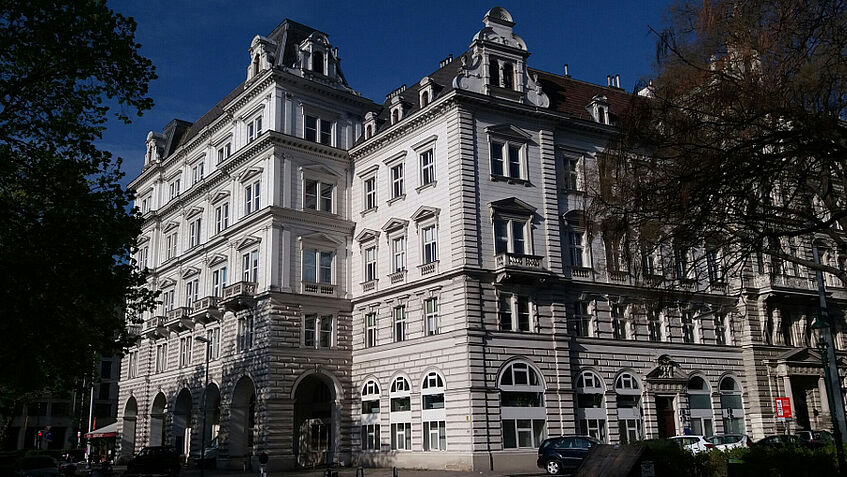History of the Department

History of the Department
The Vienna sociology builds upon a long-standing tradition of research in the fields of humanities and social sciences. Research programmes such as the development of phenomenological sociology by Alfred Schutz, the epistemological works of the Vienna Circle with Otto Neurath and the empirical studies such as ‘The unemployed of Marienthal‘ by Paul Lazarsfeld, Marie Jahoda and Hans Zeisel had significant influence on the development of our discipline. Nazism abruptly interrupted this tradition when important social scientist had to leave Austria, continuing their research in exile.
The Department of Sociology was established in 1950 at the Faculty of Law and Political Science, with August M. Knoll as its first professor. 1954 saw the establishment of the Social Sciences Research Centre under the management of Leopold Rosenmayr appointed as the chair of sociology in 1963.
From 1966, there was a possibility to graduate in sociology as an independent discipline within the framework of the Faculty of Social and Economic Sciences of the University of Vienna. In 1971, a professorship for sociology was established at the Faculty of Philosophy, with Erich Bodzenta appointed as chair. Two years later a decision was made to establish sociology as a study programme that was embedded in the humanities. 1975 the Faculty of Philosophy was renamed as the Faculty of Basic and Integrative Sciences. Consequently, from 1973 there were two departments of sociology at the University of Vienna, each supervising the same degree programme but with different emphases.
In the course of the university reform, the two historically grown institutes were brought together in 2000. The year 2007 saw the beginning of an integrated course offer. Since then, the sociological research and teaching at the University of Vienna is established once again under the umbrella of a common scientific establishment with homogenous degree programmes.
